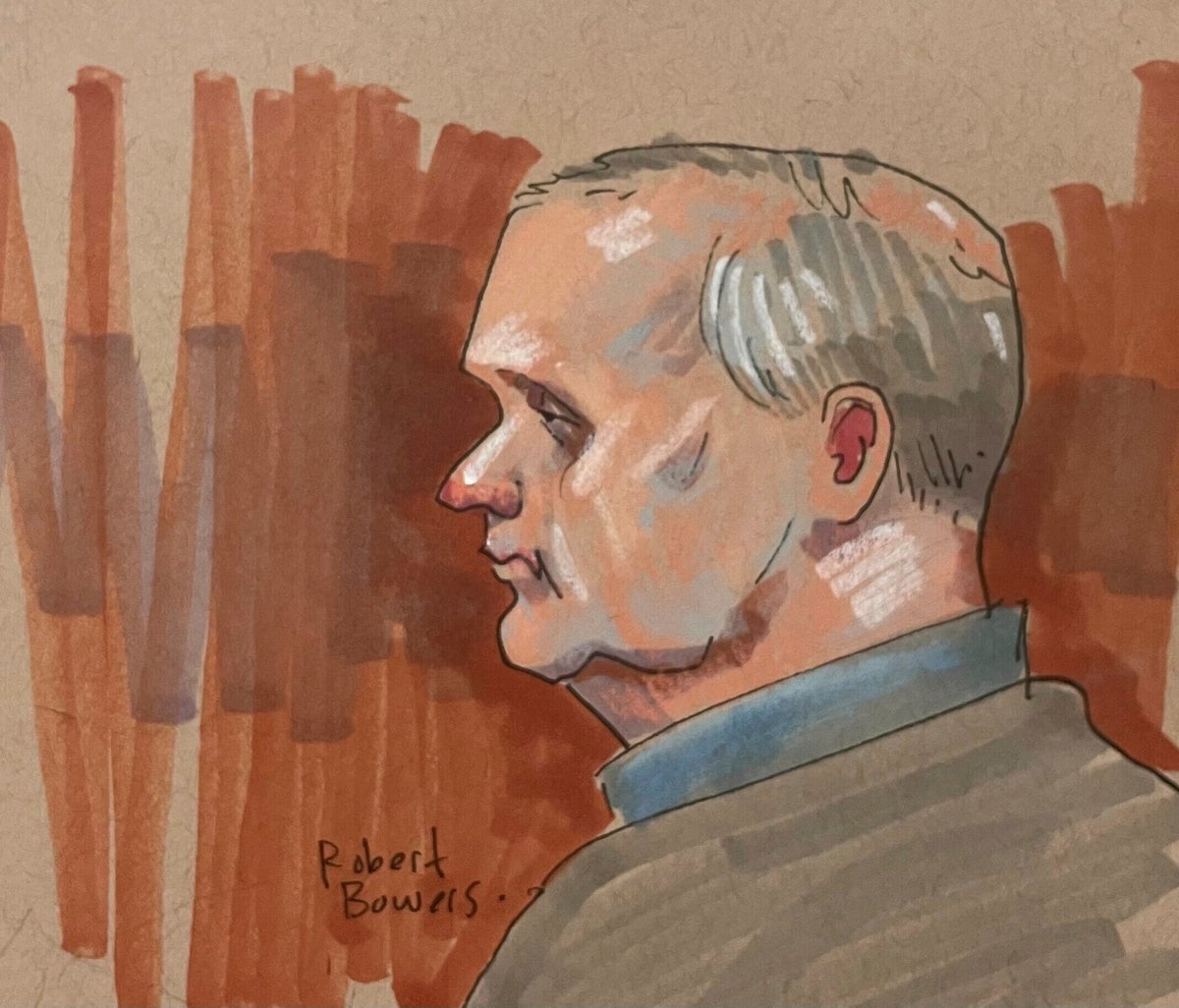
The gunman who killed 11 people at a Pittsburghsynagogue in 2018 is eligible for the death penalty, a jury ruled on Thursday.
White supremacist Robert Bowers stormed the Tree of Life synagogue armed with an AR-15 and three handguns on 27 October 2018, killing worshippers as they began Sabbath worship in what was the deadliest antisemitic attack in US history.
The 50-year-old truck driver from Baldwin, Pennsylvania, was convicted last month on 63 counts including obstruction of the free exercise of religion resulting in death and use of a firearm to commit murder.
A jury took less than two hours to decide that Bowers was eligible for the death penalty, according to the Associated Press.
To reach the verdict, the jury had to answer three questions: whether the gunman was over 18, if he had intent, and whether there were one or more aggravating factors.
The trial now moves onto a sentence selection phase where jurors must decide whether he is sentenced to life in prison or death, where victims’ family members will present impact statements.
The majority of those who lost loved ones have said they support the death penalty.
Prosecutors had argued that Bowers meticulously planned the attack for six months and deliberately chose vulnerable victims, including 97-year-old Rose Ballinger who was shot dead next to her daughter.
Experts called by Bowers’ defence attorneys said he had a long history of mental illness, was committed to psychiatric hospitals by the age of 13, and had acted out delusions without any intent to commit murder, the Pittsburgh Post-Gazette reported.
A Star of David hangs outside the Tree of Life synagogue in Pittsburgh where 11 worshippers were shot dead in 2018— (Associated Press)
His attorneys argued that Bowers suffered from schizophrenia, epilepsy and a delusional belief that he was trying to stop a genocide of white people by killing Jewish people.
Jurors heard conflicting testimony from doctors about whether medical scans showed Bowers had suffered significant brain damage.
Experts for the defence told the court that Bowers had significant brain damage, and was unable to manage emotions, stress and conflict.
Prosecution witnesses countered that the scans showed largely normal brain activity.







